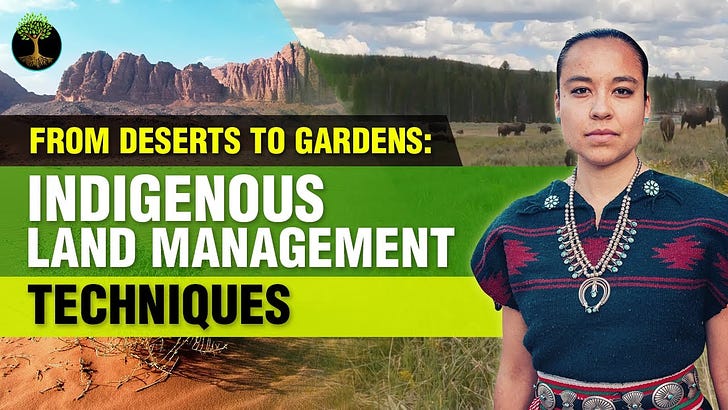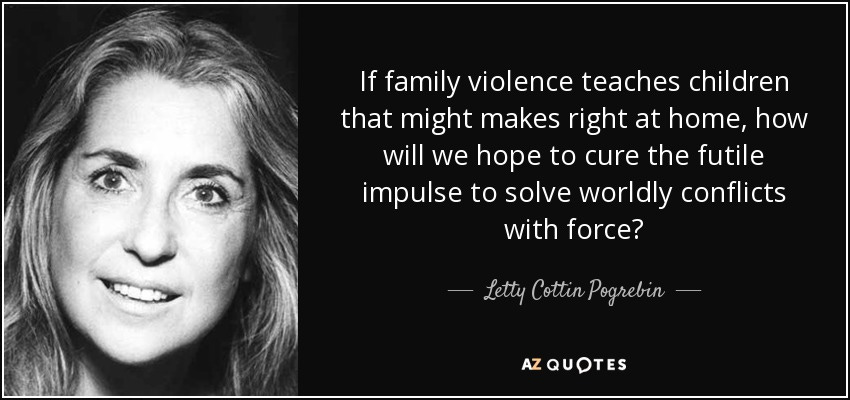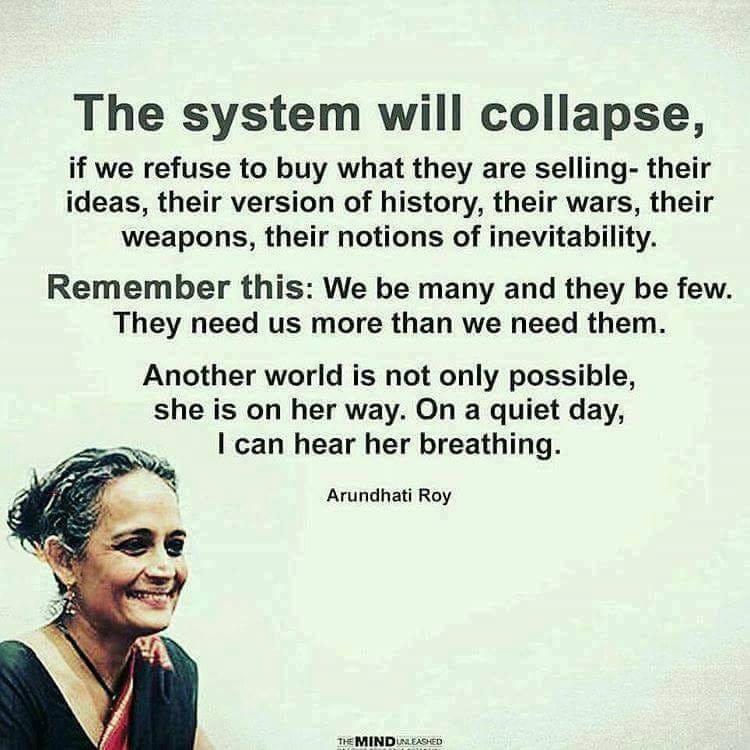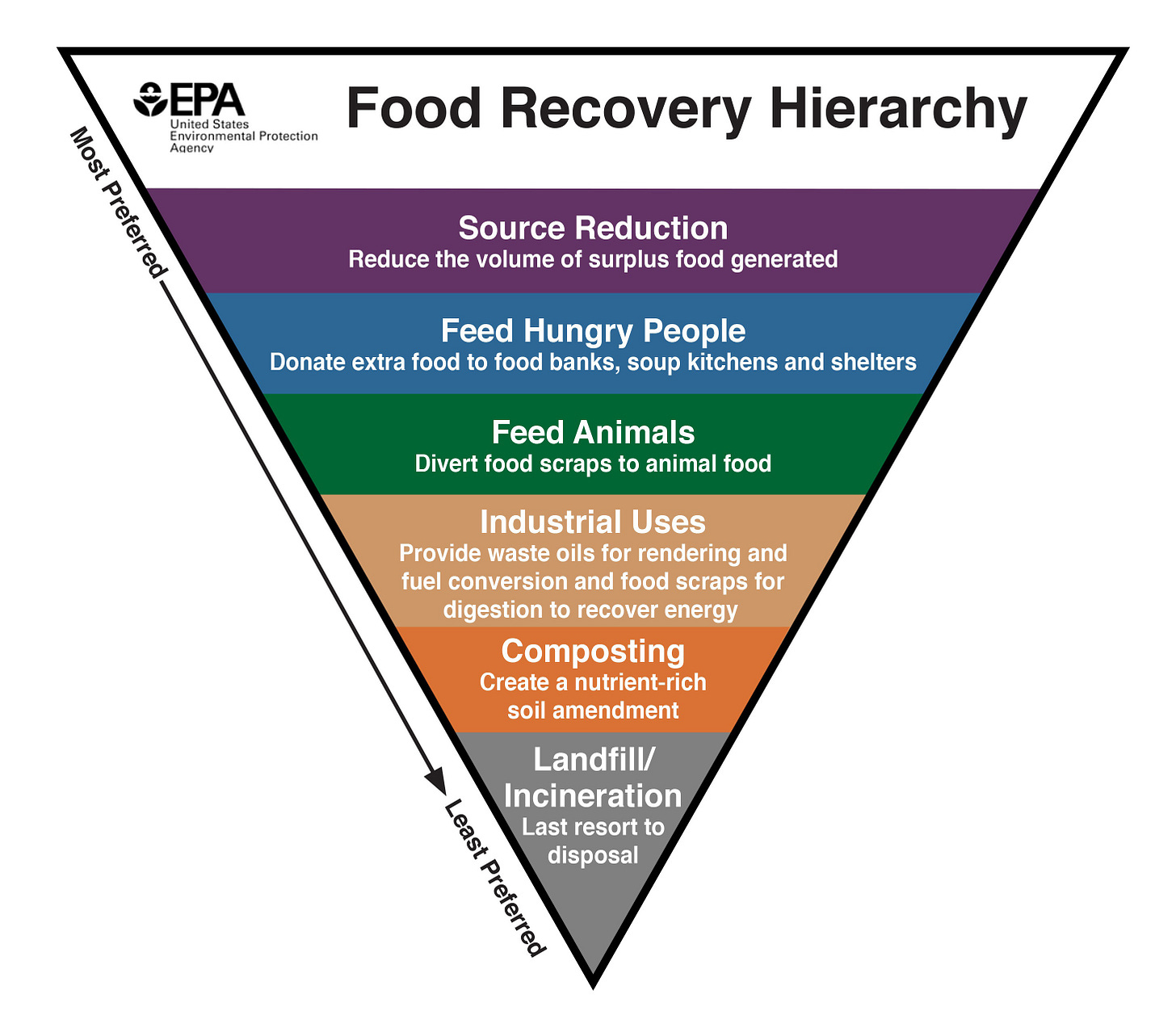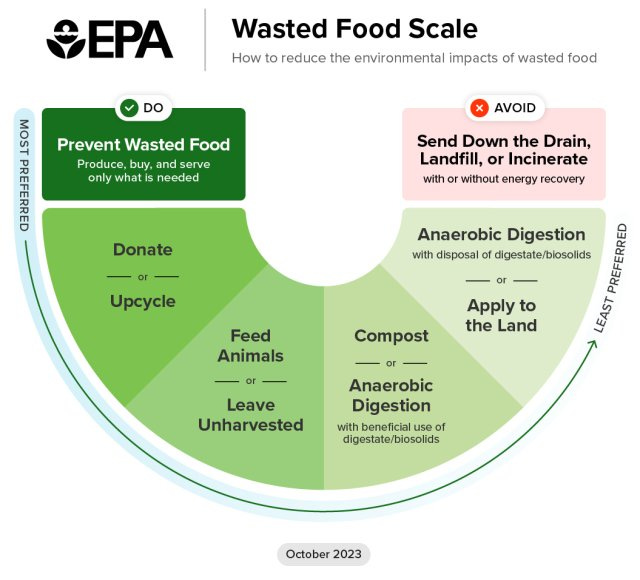Words create worlds. Language is powerful. They can be poison or poetry. We've all experienced both the pain and possibility of the “right” words, at the right time. Conversely, we cling to soul crushing insults that our inner critic can readily call upon at a moment’s notice. Sticks and stones can break our bones, but many of us have impeccable recall for names that have hurt us.
I was first introduced to the concept of what I like to call “Living World Language” when I was in AmeriCorps back in 2005. It started with an upgrade to a simple idiom shared by one of the teachers at the youth residential treatment facility I was doing my AmeriCorps service at:
Feed two birds with one seed.
This spoke deeply to my then-still-budding resourcefulness-revering heart.
I get it, we have hunting in our DNA. At one point the ability to kill 2 birds with 1 stone was likely an achievement that signified that our family would starve less through a harsh, cold winter. The modern day equivalent is something to the affect of “work smarter not harder”.
I'm on a different hunt now. One where I actively seek out and create practices of regeneration and rehumanization. This seems like a very natural response to a world where humans are increasingly being supplanted by bots that don't need to eat or sleep, and can process information and calculations much faster than us.
A common expression to signify excellence is “killing it”. Why is murderous behavior so synonymous with greatness? I delight in the living world language upgrade of “thrilling it”. There are many caustic patterns we've inherited from the generations that came before, as well as evolutionary blessings that have made our lives exponentially more comfortable and convenient.
Below is a list that was shared by the Center for Domestic Peace with some great examples of replacements for violent expressions:
Many times, we don’t even notice the violent-nature embedded in our language. I will also be the first to acknowledge that over-policing of language comes with its own pitfalls, and that words like “kicking around” can be associated with a game like soccer, just as much as a violent act.
Regardless, unhealthy practices and patterns become normalized, like the way hitting kids used to be a completely acceptable way of disciplining children. “The evidence is clear and compelling — physical punishment of children and youth plays no useful role in their upbringing and poses only risks to their development.” - Source NIH Paper “Physical punishment of children: lessons from 20 years of research”.
Rethinking, Redesigning, Rebranding
We have heroes like Bucky Fuller who’ve given us blueprints for a better world. Even completely new words, like “livingry”:
“It is now highly feasible to take care of everybody on Earth at a higher standard of living than any have ever known. It no longer has to be you or me. Selfishness is unnecessary. War is obsolete. It is a matter of converting high technology from weaponry to livingry.”
― Buckminster Fuller
It’s been interesting to notice how the modern environmental movement has gone through a substantive rebranding. What began with Rachel Carson’s Silent Spring warning us of the perils we face by poisoning the hand that feeds us, has since morphed into:
“environmentalism” → “sustainability” → “circular economy”
With some “green” and “eco-friendly” terms sprinkled in. I myself have made the leap from sustainability no longer being good enough, but “regenerative” as a far more inspiring goal, even if only aspirational. Gotta start somewhere.
We’ve got to find a way to make an ecologically-centric way of living harmonize with an economy. What seems to continuously trip me out is that there is an actual perversion about which is the real subsystem. The economy is a creation of humanity, and humanity a creation of the environment. Yet everyday we behave in a manner that centers the economy above all else, when it is the least essential of the “systems”.
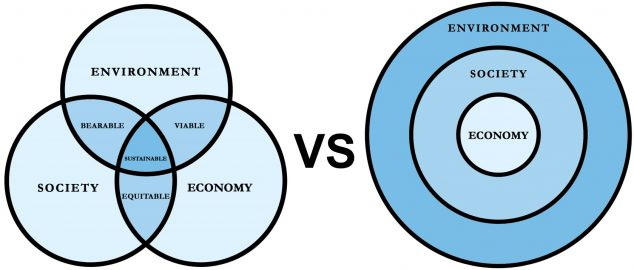
It can be tricky to make the connection between overconsumption and pushing other species to (the brink) of extinction. Many parts of the supply chain are intentionally masked and hidden from us, the “consumer”. Oh dear. THAT word. It seems we’re increasingly being encouraged to identify as such. Not as a “citizen”, or as a “maker” or “creator”, but you can count on all of us to be a “consumer”. It definitely is one way to shore up a vibrant customer base.
If we’re to peel back the layers on the past patterns that play out in the present, then we need to have some shared vocabulary. While we are so much more intricate than computers, the analogy of an “operating system” or “OS” works, and so does “mental model” or “paradigm”. To ensure we’re all on the same page, and in case you’re not familiar with that term…
The Domination Paradigm
This seems clear to me- the paradigm we're leaving is one where “might makes right”. Where coercion & domination are just part of the game. Where we’re forced into boxes, binaries, and either/or false dichotomies. At its core it is the “divide and conquer” strategy. I hear this commonly at work, and while I appreciate the essence of what’s being communicated (let’s split up the work so we can cover more ground), it does have literal roots in oppressor playbooks. There’s a good piece written on this at Fearless Culture that explores some of this more, proposing that a better alternative to leading with fear and division, is to lead by bringing people together. The post encourages that a better alternative is “unite and build”, however that’s a different application of the expression. Maybe you can help me think of a living world language upgrade that better embodies the spirit of teamwork?
Extraction and exploitation are core underpinnings of our current economic model, and monotheism with a God that sent His only Son, as the sole creator. I once attended a conference that the Emory Center for Ethics put on as part of their CREATE program (Culture, Religion, Ethics, and the Environment). I remember asking a question that didn’t really get answered, and several years later still seems relevant. If we look at the etymological root of the word “dominion”…
…and we pair that with the infamous bible verse Genesis 1:28…
"And God blessed them, and God said unto them, Be fruitful, and multiply, and replenish the earth, and subdue it: and have dominion over the fish of the sea, and over the fowl of the air, and over every living thing that moveth upon the earth".
…then it’s not hard to answer the question- Why do we treat the Earth the way we do?
When I asked my question, I even went as far as to alienate most of the men in the room by proposing that most of the world’s religions’ origin stories might be an overcompensation rooted in feelings of inadequacy, since men aren’t the ones to push the actual baby out of their body. No doubt, they are an integral part of life’s source, but they do not carry, birth, and breastfeed our young. Their role is far more understated, which can lead to an insecurity regarding one’s place in the world if one lacks confidence, direction, or that place is being challenged.
It’s a clear throughline that while many of us no longer identify as religious and that there was a clear intention set with the “separation of church and state”, there are religious texts that still govern and inform the way we operate as a society. Notably, the “Doctrine of Discovery” was used as recently as a 2005 U.S. Supreme Court decision overseen by Justice Ruth Bader Ginsburg as continued justification for the theft of indigenous lands (more on that story here). As “post-religion” as the U.S. might appear, there are many patriarchal religious influences that still cast their shadow on our society. This was most recently exemplified with the overturning of Roe v. Wade. Because it is about so much more than Roe v. Wade.
We do seem to be in the last throes of the old domination paradigm, with the powers that be clinging on and only relinquishing when, as promised, it’s pried from their cold dead hands. As power shifts, and historically marginalized groups gain representation in the halls of power, this is not coming without pushback. Perhaps this is what’s behind the rise in populism across the globe, many of us still subscribe to “Father knows best”. What links them all is a patriarchal hierarchy as the preferred operating system. I explore this more in my Substack post on “Power and Democracy”.
The Co-Creation Paradigm
The new paradigm that’s being born centers the practices of collaboration, co-creation, science and spirituality, stewardship, democratic participation, both/and spectrums, unions, people power, emergent murmuration, and harmonic convergence.
At the risk of pretention, I have written a song that sums up much of what seems to be playing out.
"Meets the Eye"
As the old world dies, and the new one cries
The labor pains of being born, mourners gonna mourn
And mistake a bud for a thorn
We've all been there before
Kindness kicked out for a score
Oh but in between the daydreams of money machines and vacations
In our hearts we know there's so much more
How much of this is real?
How much an illusion?
When will the world favor union over ruin?
Glimmers of Hope
I used to joke that I only like my information in hierarchal form, then referencing the EPA’s Food Recovery Hierarchy as a helpful template for how to tackle address wasted food. You’ve likely seen it, it’s an upside down pyramid that shows the different approaches from most to least preferred:
Well now even the EPA’s getting hip to the new we-collaborate-OS, and actually updated the Food Recovery Hierarchy to a “Wasted Food Scale”:
EPA developed the Wasted Food Scale based on the findings of its 2023 report From Field to Bin: The Environmental Impacts of U.S. Food Waste Management Pathways. This report assesses 11 common pathways for managing wasted food in the U.S. based on their environmental impacts and potential contributions to a circular economy. The Wasted Food Scale is an update to the previous Food Recovery Hierarchy and reflects the latest science and changes in technologies and operational practices for wasted food management pathways. - Source
Back to this idea of words creating worlds- for years I’ve questioned the term “invasive species”, as one could make the scientific case for humans as such. And what is the line between “invasive” and “abundant”?
“Waste” isn’t waste until it’s wasted.
“Waste” is a verb, not a noun.
There’s no such thing as trash, just misplaced resources.
Words create worlds.
Viewing humans as a type of cancer on this planet is a growing shared belief, and an understandable one when we consider how destructive our modern systems of production and consumption have become. But as Lyla June, an Indigenous musician, scholar, and community organizer of Diné, so inspiringly points out in the video linked below:
“The Earth may be better off without certain systems we have created. But we are not those systems. We don’t have to be at least.”
If you’d also like to be reminded of how humans could be a Keystone Species - a species upon which entire ecosystems depend, then I cannot recommend enough taking in the beautiful piece of multimedia art that are clips of Lyla June’s recent TED talk set to moving images and scenes from our natural world. It is wildly informative and inspiring.
THIS is the other world that I know is on her way, that on a quiet day, I too can hear breathing.

